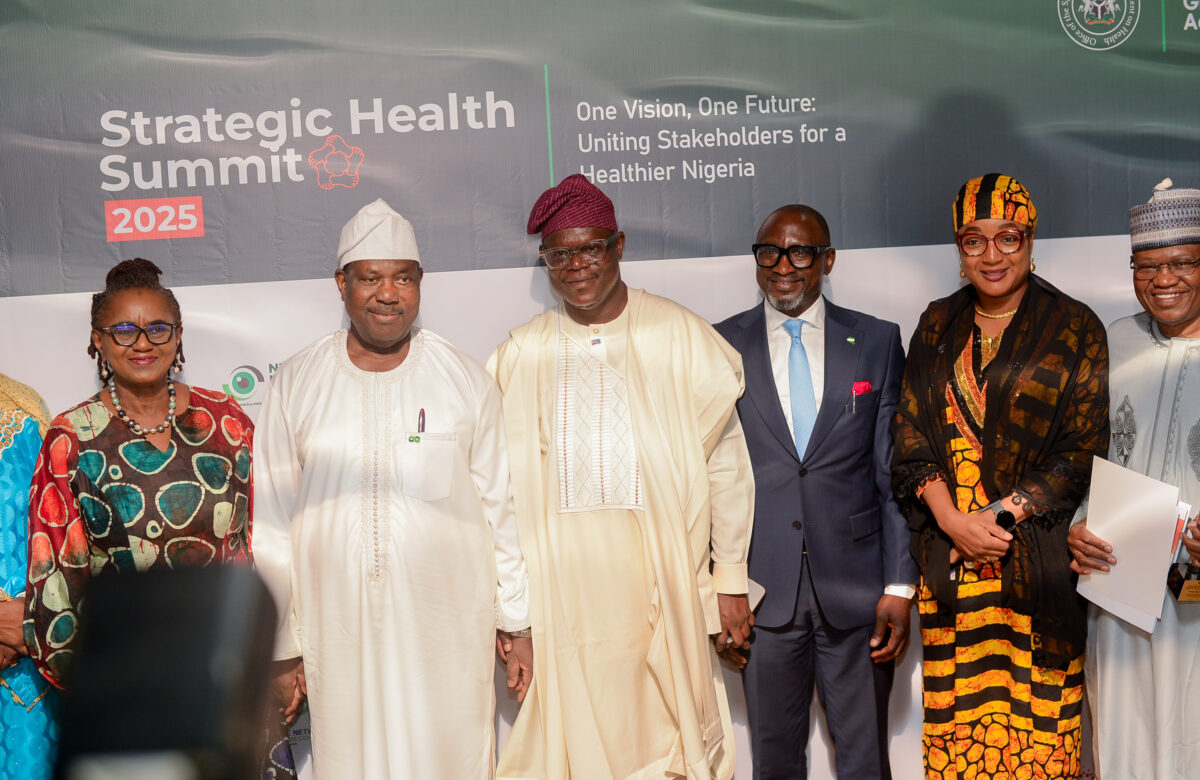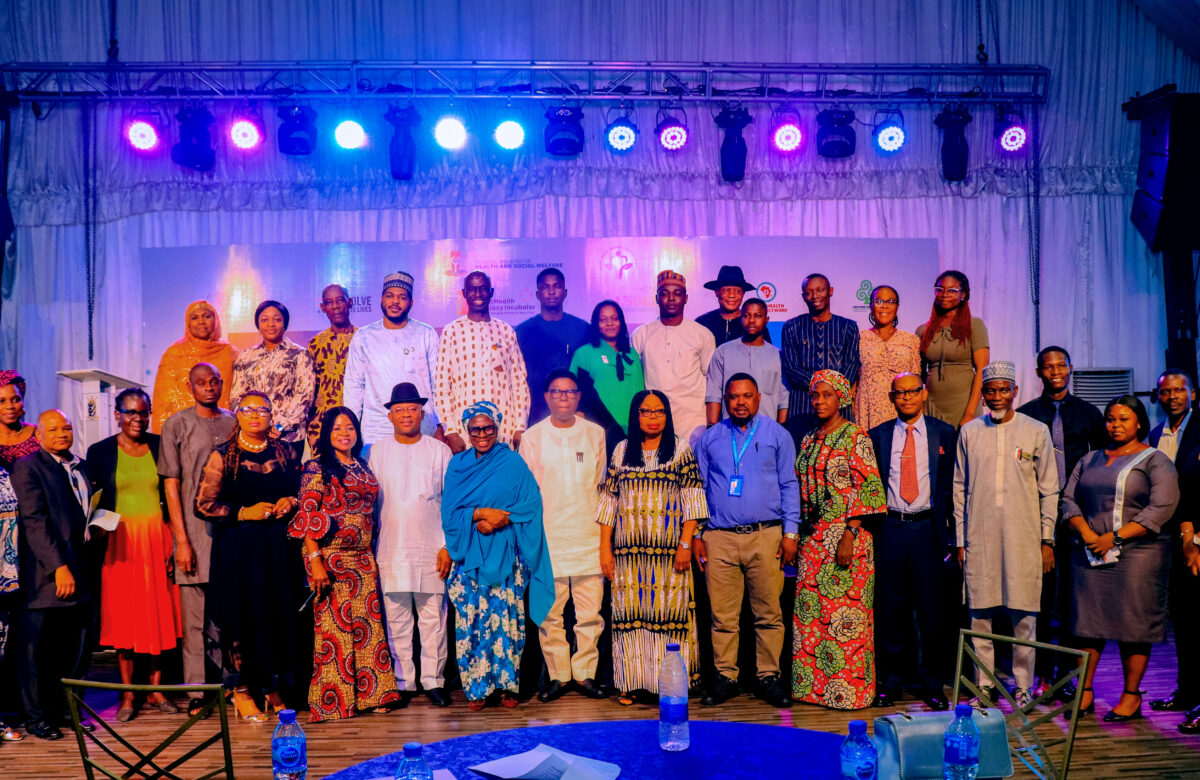WHO certifies Cabo Verde as malaria-free, marking a historic milestone in the fight against malaria
- Health and WellbeingHealth SectorHealth SecurityUncategorized
- No Comment
- 326
A total of 43 countries and 1 territory have now been certified as malaria-free

The World Health Organization (WHO) has certified Cabo Verde as a malaria-free country, marking a significant achievement in global health. With this announcement, Cabo Verde joins the ranks of 43 countries and 1 territory that WHO has awarded this certification.
Cabo Verde is the third country to be certified in the WHO African region, joining Mauritius and Algeria which were certified in 1973 and 2019 respectively. Malaria burden is the highest on the African continent, which accounted for approximately 95% of global malaria cases and 96% of related deaths in 2021.
Certification of malaria elimination will drive positive development on many fronts for Cabo Verde. Systems and structures built for malaria elimination have strengthened the health system and will be used to fight other mosquito-borne diseases such as dengue fever. Travellers from non-malaria endemic regions can now travel to the islands of Cabo Verde without fear of local malaria infections and the potential inconvenience of preventive treatment measures. This has the potential to attract more visitors and boost socio-economic activities in a country where tourism accounts for approximately 25 per cent of GDP.
“I salute the government and people of Cabo Verde for their unwavering commitment and resilience in their journey to eliminating malaria,” said WHO Director-General Dr Tedros Adhanom Ghebreyesus. “WHO’s certification of Cabo Verde being malaria-free is testament to the power of strategic public health planning, collaboration, and sustained effort to protect and promote health. Cabo Verde’s success is the latest in the global fight against malaria, and gives us hope that with existing tools, as well as new ones including vaccines, we can dare to dream of a malaria-free world.”
Certification of malaria elimination is the official recognition by WHO of a country’s malaria-free status. The certification is granted when a country has shown – with rigorous, credible evidence – that the chain of indigenous malaria transmission by Anopheles mosquitoes has been interrupted nationwide for at least the past three consecutive years. A country must also demonstrate the capacity to prevent the re-establishment of transmission.
“The certification as a malaria-free country has a huge impact, and it’s taken a long time to get to this point. In terms of the country’s external image, this is very good, both for tourism and for everyone else. The challenge that Cabo Verde has overcome in the health system is being recognised”, said the Cabo Verde´s Prime Minister, Ulisses Correia e Silva.
Cabo Verde, an archipelago of 10 islands in the Central Atlantic Ocean, has faced significant malaria challenges. Before the 1950s, all islands were affected by malaria. Severe epidemics were regular occurrences in the most densely populated areas until targeted interventions were implemented. Through the targeted use of insecticide spraying, the country eliminated malaria twice: in 1967 and 1983. However, subsequent lapses in vector control led to a return of the disease. Since the last peak of malaria cases in the late 1980s, malaria in Cabo Verde has been confined to two islands: Santiago and Boa Vista, which have now both been malaria-free since 2017.
“Cabo Verde’s achievement is a beacon of hope for the African Region and beyond. It demonstrates that with strong political will, effective policies, community engagement and multisectoral collaboration, malaria elimination is an achievable goal,” said Dr Matshidiso Moeti, WHO Regional Director for Africa. “The attainment of this milestone by Cabo Verde is an inspiring example for other nations to follow.”
Cabo Verde’s journey to malaria elimination has been long and received a boost with the inclusion of this objective in its national health policy in 2007. A strategic malaria plan from 2009 to 2013 laid the groundwork for success, focusing on expanded diagnosis, early and effective treatment, and the reporting and investigating all cases. To stem the tide of imported cases from mainland Africa, diagnosis and treatment were provided free of charge to international travellers and migrants.
In 2017 the country turned an outbreak into an opportunity. Cabo Verde identified problems and made improvements, leading to zero indigenous cases for three consecutive years.
During the ongoing COVID-19 pandemic, the country safeguarded progress; efforts focused on improving the quality and sustainability of vector control and malaria diagnosis, strengthening malaria surveillance – especially at ports, airports, in the capital city and areas with a risk of malaria re-establishment.
Collaboration between the Ministry of Health and various government departments focused on the environment, agriculture, transportation, tourism, and more, played a pivotal role in Cabo Verde’s success. The inter-ministerial commission for vector control, chaired by the Prime Minister was key to elimination. The collaborative effort and the commitment of community-based organizations and NGOs demonstrate the importance of a holistic approach to public health.
As Cabo Verde celebrates this monumental achievement, the global community commends its leaders, healthcare professionals, and citizens for their dedication to eliminating malaria and creating a healthier future for all.
Note to the editor
WHO malaria-free certification
The final decision on awarding a malaria-free certification rests with the WHO Director-General, based on a recommendation by the independent Technical Advisory Group on Malaria Elimination and Certification. For more on WHO’s malaria-free certification process, visit this link.
Also see:
Broll and photographs: https://who.canto.global/v/MalariaCaboVerde
Partner quotes:
“This is an extraordinary accomplishment, a beacon of hope at a time when climate change threatens to slow down our progress in the global fight against malaria. What’s now crucial is that we do not lower our guard, and help Cape Verde sustain this achievement and prevent reintroduction of malaria. With this aim in mind, we will continue to fund vector control interventions and ensure quality case management and disease surveillance through strengthening health systems for yet another three years.”
– Peter Sands, Executive Director, Global Fund
“Cabo Verde has proven that with the right tools, improved case management and surveillance, political leadership, multisectoral engagement, and sustained investment, countries in Africa can achieve dramatic progress against malaria – and even eliminate it entirely. As the malaria community celebrates this victory, let it also serve as a call to action for urgent, sustained efforts and collaboration in the pursuit of malaria eradication and a world where no one suffers from this disease again.”
-Philip Welkhoff, Director, Malaria Program, The Bill & Melinda Gates Foundation
“Cabo Verde’s achievement is a testament to the perseverance of its people and health systems, and demonstrates that with strategic planning, sustained investment, community engagement, and widescale implementation of preventative measures, the eradication of malaria is within reach. This milestone is not only a victory for Cabo Verde, but also for the global community as we strive to eliminate malaria worldwide. Yet, with global cases now 16 million higher than before the pandemic, we must not waiver in our commitment to invest in, implement, and innovate new strategies and tools.”
– Dr Michael Adekunle Charles, CEO, RBM Partnership to End Malaria
“Cabo Verde’s success in malaria elimination is an inspiration for the Asia Pacific Region where several countries are also on the cusp of elimination. This achievement is a living example which demonstrates what remains possible in public health, even amidst the challenging landscape of today. Our heartfelt congratulations to our friends in this archipelago of the Central Atlantic for this momentous achievement; we look forward to countries in Asia Pacific joining them in malaria free status in the near future.”
– Dr Sarthak Das, CEO, Asia Pacific Leaders Malaria Alliance




